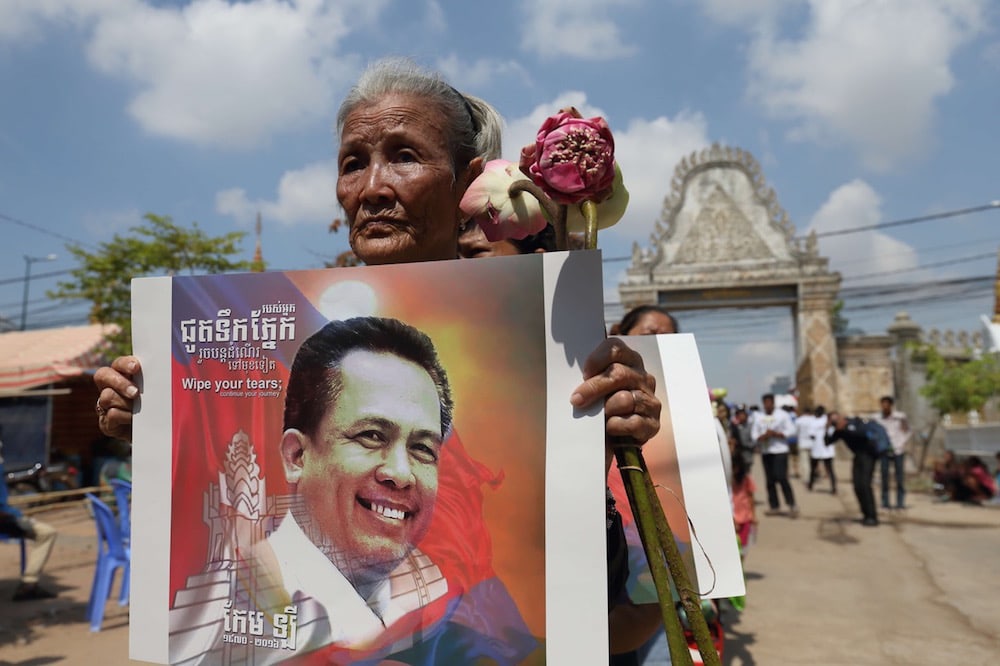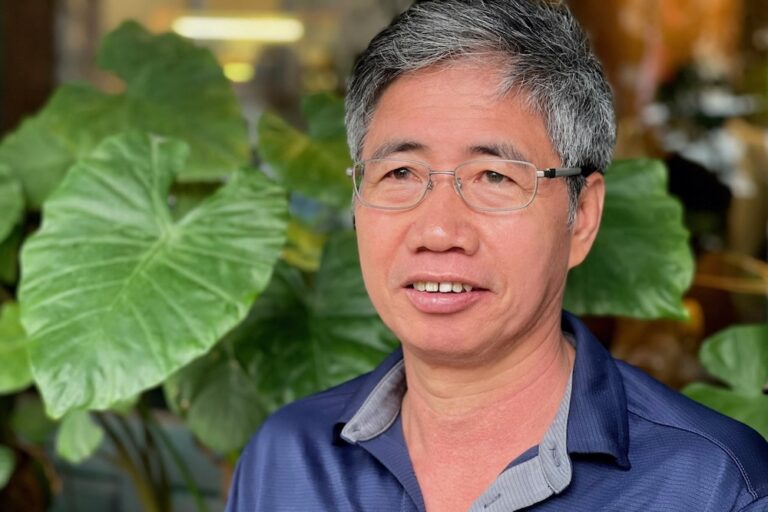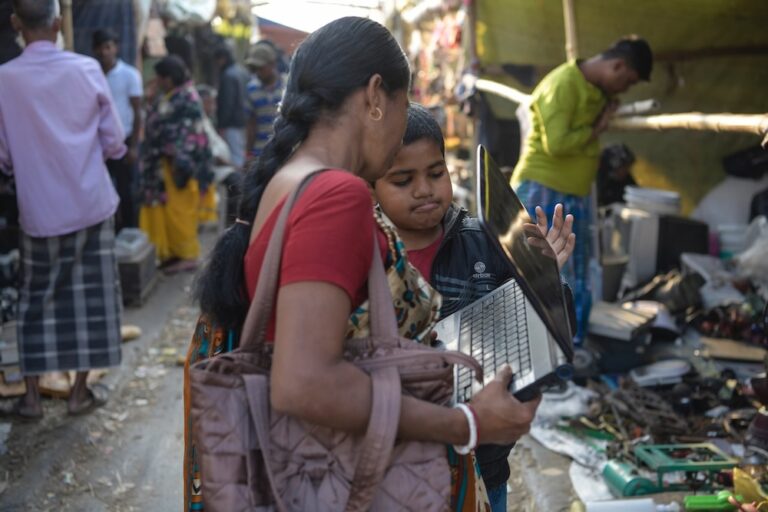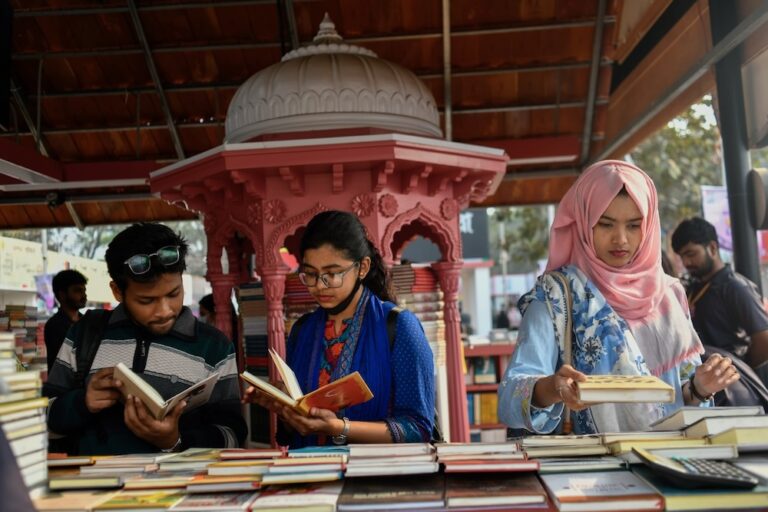July 2021 in Asia-Pacific: A free expression round up produced by IFEX's regional editor Mong Palatino, based on IFEX member reports and news from the region.
Artists and activists summoned by Malaysian police, the continuing fight for justice five years after Kem Ley’s death in Cambodia, Hong Kong media freedom in ‘tatters’, alarming arrests and convictions in Vietnam, released journalists share their prison ordeal in Myanmar, and Pegasus spyware in India.
#FOEwatch in Malaysia
Through its #FOEwatch, IFEX member the Centre for Independent Journalism (CIJ) has been documenting threats and attacks on freedom of expression in Malaysia. The weekly monitor reflects the surge of incidents undermining free speech during the state of pandemic emergency under the government of Prime Minister Muhyiddin Yassin.
This month #FOEwatch featured stories of how healthcare workers were subjected to investigations by the police for supporting #CodeBlackMY and #BlackMondayMY – social media campaigns aimed at fighting job inequality affecting contract doctors. CIJ also cited the case of health news portal CodeBlue, which is facing intimidation from authorities for its critical reports on public healthcare.
The police raid targeting the office of the Freedom Film Network has alarmed human rights groups. Several artists and activists were summoned by the police in connection with a four-minute animation ‘Chilli Powder and Thinner’ which features testimony from a 16-year-old boy who, along with two other individuals, was allegedly arrested and beaten by police. Civil society groups, including CIJ, have decried the police action:
“Retaliatory investigations against human rights defenders, artists and journalists for raising attention to violations of basic human rights show the dire need to protect freedom of expression and ensure police officers in Malaysia are held accountable for any instances of misconduct.”
Still no justice for Kem Ley
45 groups have signed a statement criticizing the Cambodian government for its failure to conduct an independent probe into the death of prominent political analyst Kem Ley, who was killed in July 2016. They urged Cambodian authorities to create an independent Commission of Inquiry tasked with conducting an impartial investigation into Kem Ley’s death.
“Investigations must seek to identify not only direct perpetrators but also all others who may have been responsible for criminal conduct in connection with the death.”
Arrests and convictions in Vietnam
Several activists, journalists, and social media users were arrested and convicted in Vietnam this month.
Le Van Dung, the owner of digital news channel CHTV, was arrested on 1 July for live-streaming information related to ongoing land disputes and local corruption.
Novelist and veteran journalist Pham Chi Thanh was sentenced to five years and six months in prison on 9 July for posting alleged anti-state propaganda. He was a former editor at the state-run radio station Voice of Vietnam before he lost his position for publishing reports critical of the ruling Communist Party. In a 2019 Voice of America interview, Thanh said, “I had followed the [Communist] Party and State for 41 years. Now, looking back, I found our nation moved backward in every way. What is the cause? The reason is that we do not have democracy. The reason is that the Communist Party maintains a dictatorship! I fight against the communist dictatorship!”
On 2 July, authorities announced that detained journalist Mai Phan Loi is facing tax evasion charges – although media groups believe the former deputy editor of the state-controlled law magazine Phap Luat is being persecuted because of his reports providing the public with independent information on economic, social, and environment issues.
Human rights group The 88 Project reported on the arrest of activist Do Nam Trung, on 6 July. It also mentioned the announcement of the Quang Ngai provincial police about the arrest of three Facebook users whose posts “gave a bad impression of the government and violated the interests of other organizations and individuals – including the court, the police, the military, Vietnam TV and the bureau of propaganda.”
Hong Kong: ‘Freedom in Tatters’
The annual report of IFEX member Hong Kong Journalists Association (HKJA) highlighted the deterioration of media freedom in Hong Kong after the passage of the National Security Law. Entitled ‘Freedom in Tatters’, the report cites the forced closure of independent newspaper Apple Daily after it was raided by security forces, the revamping of public broadcaster RTHK which eroded its editorial independence, restrictions on the data search of public registers, and the unilateral act of police to redefine the criteria for registering journalists.
Earlier, HKJA warned against the spread of ‘white terror’ as media outlets and citizen journalists scramble to delete videos and other online content that can be used by authorities to file criminal charges against them.
Meanwhile, Freedom House has released a report on how the Legislative Council elections scheduled for December 2021 ”could be a catalyst for further restrictions on internet freedom and human rights.” It enumerated “key digital interference issues” ahead of the elections such as cyberattacks, arrests and prosecutions for online activity, blocking websites, and content removal.
Myanmar journalists share their prison stories
Since the February coup, at least 89 journalists have been arrested in Myanmar for covering anti-coup resistance. Some were released on 30 June and were able to share their prison experiences which confirmed reports about security forces abusing political prisoners and journalists.
Kamayut Media editor Nathan Maung was arrested on 8 March together with his colleague Hanthar Nyein. Maung, a United States citizen, was released on 15 June and immediately deported. He told the Committee to Protect Journalists about what was done to him and Hanthar Nyein while under detention:
“Without letting me sleep, they interrogated me for three days. I requested water, which they allowed me only on the third day. I had food only on the fourth day. I could hear screaming in the air and kept meditating.”
IFEX issued a statement asking Myanmar authorities to release journalists, restore licenses of independent media, and drop charges under section 505A of the penal code – legislation that criminalizes comments on the grounds that they cause fear and incite citizens to commit crimes.
“With the junta continuing to perpetrate violence against their own people, access to reliable information has never been so important. All charges under section 505A should be dropped, all protestors and journalists freed, and media licenses restored so that our colleagues at Mizzima News and other outlets can operate freely,” said IFEX Executive Director Annie Game.
Women champions: Fiame Naomi Mata’afa and Hidilyn Diaz
Samoa is celebrating the court victory paving the way for Fiame Naomi Mata’afa to take power and become the country’s first female prime minister. Fiame’s party won in April but the former prime minister refused to concede defeat and brought the matter to the court. In the past three months, the former prime minister was accused of shaming and attacking the credibility of women journalists who were covering the political crisis.
Filipino weightlifter Hidilyn Diaz won the Philippines’ first-ever gold medal at the Tokyo Olympics. She has faced many challenges including being linked to a political destabilization plot after she spoke about the conditions of athletes in 2019. Many Filipinos cheered her victory as they pressed the government to issue an apology to Diaz.
In brief
Pegasus spyware in India. IFEX member SFLC.in chronicles the recent history of surveillance operations in India and its link to the Pegasus spyware issue. It asks the Indian government to clarify the relationship between security agencies and the Israeli NSO group. “The (government) must come clean and issue a statement clarifying its relationship with NSO and whether or not it had used Pegasus on Indian citizens.”
Twitter suspensions in Japan. Some commentators in Japan are questioning the suspension of Twitter accounts of government critics. There were also prominent users whose accounts were suspended after they criticized the government’s pandemic response and the country’s hosting of the Olympics.
‘Unhealthy Silence’. A new report by the Coalition for Human Rights in Development, ARTICLE 19, and IFEX puts the spotlight on the silence and inaction of development banks while their partner governments attacked critics and brutally suppressed opposition forces during the pandemic. The report mentions the arrests of a cartoonist in Bangladesh and a citizen journalist in Wuhan, China.
Rest in Power: Nonoy Espina and Danish Siddiqui. Media groups are mourning the death of Filipino journalist Nonoy Espina and Indian photojournalist Danish Siddiqui. Espina died of liver cancer. He was the former president of the National Union of Journalists of the Philippines, leading media groups and the public in challenging the attacks and threats against press freedom perpetrated under the government of President Rodrigo Duterte.
Siddiqui, a Reuters journalist, was killed on 16 July while covering a clash between Afghan security forces and Taliban fighters. He is the sixth journalist to be killed in Afghanistan this year. The Afghanistan Journalists Center is calling for an investigation over the incident and the implementation of greater protection for journalists. Check out some of his photos on a special page prepared by Reuters.



